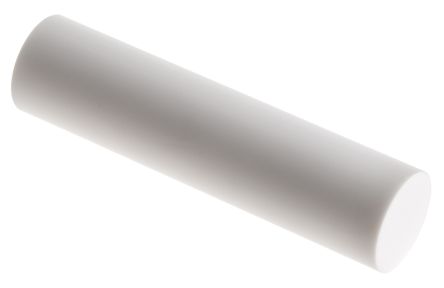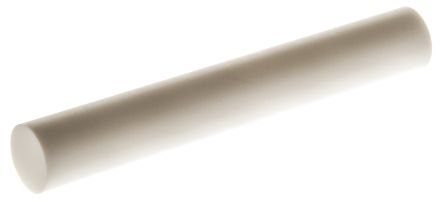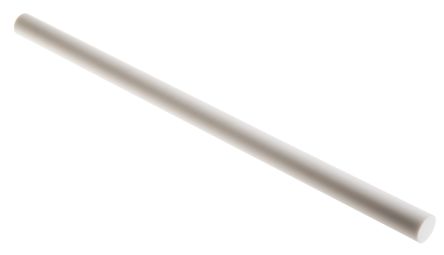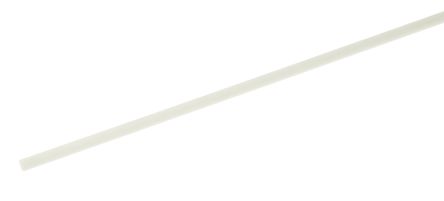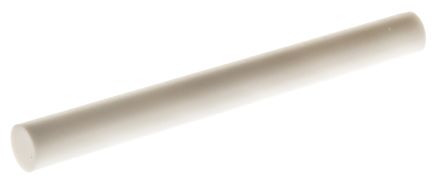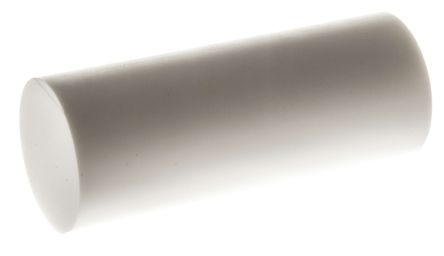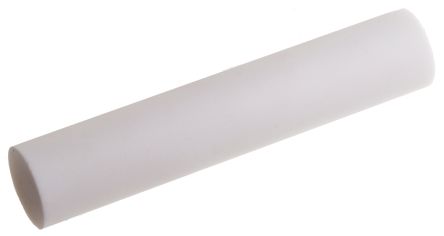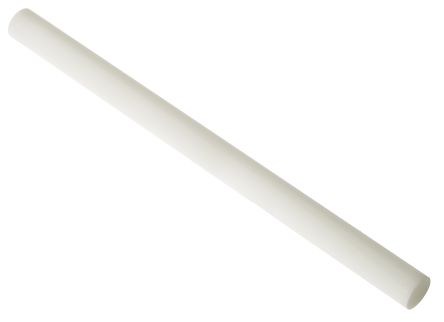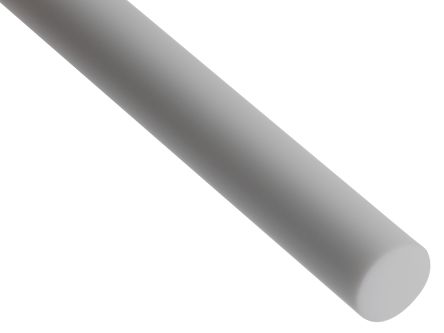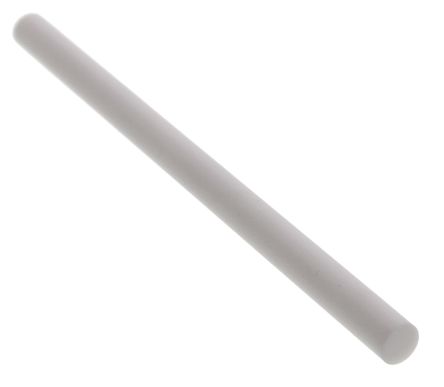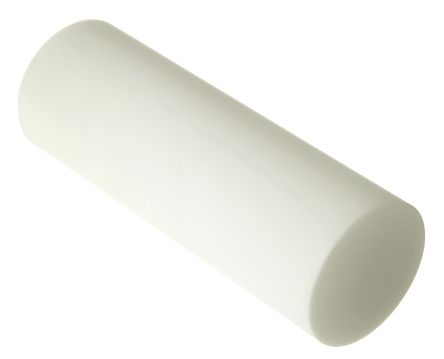- Automation & Control Gear
- Cables & Wires
- Enclosures & Server Racks
- Fuses & Circuit Breakers
- HVAC, Fans & Thermal Management
- Lighting
- Relays & Signal Conditioning
- Switches
- Batteries & Chargers
- Connectors
- Displays & Optoelectronics
- ESD Control, Cleanroom & PCB Prototyping
- Passive Components
- Power Supplies & Transformers
- Raspberry Pi, Arduino, ROCK, STEM Education & Development Tools
- Semiconductors
Ceramic Tubes
Ceramic rods and bars are easily machinable and have excellent resistance to high temperatures, abrasives and chemicals with low thermal conductivity. Although the nature of ceramics means that some may show poor shock resistance, they are tough and highly polish-able considering their comparatively low densities.
What are Ceramics?
Comprised of non-organic, non-metallic materials, they are radiation resistant and lead-free. Ceramics hold tight tolerances for electrical insulators with zero porosity and no out-gassing, they can also be soldered to a wide range of materials.
Ceramic Rod or Bar applications
- High-temperature applications that require erosion resistance
- Electrical or thermal insulation
- Constant and high vacuum environments
- Laser technology
- Semiconductors and Electronics
- Aerospace, Space technologies and similar industries
- Medical and laboratory equipment
Features and Benefits
- Remains stable at 800°C with a maximum peak at 1000°C as an electrical insulator
- Excellent at high voltages and a broad spectrum of frequencies of thermal expansion
- Can be machined to accurate tolerances and surface finishes
How are ceramic materials made?
Ceramics are usually made by mixing together clay, earthen elements, powders and water. They are then shaped into whatever form they will be used to produce the desired outcome. After this has been done the Ceramic is then fired in a high-temperature oven known as a kiln.
